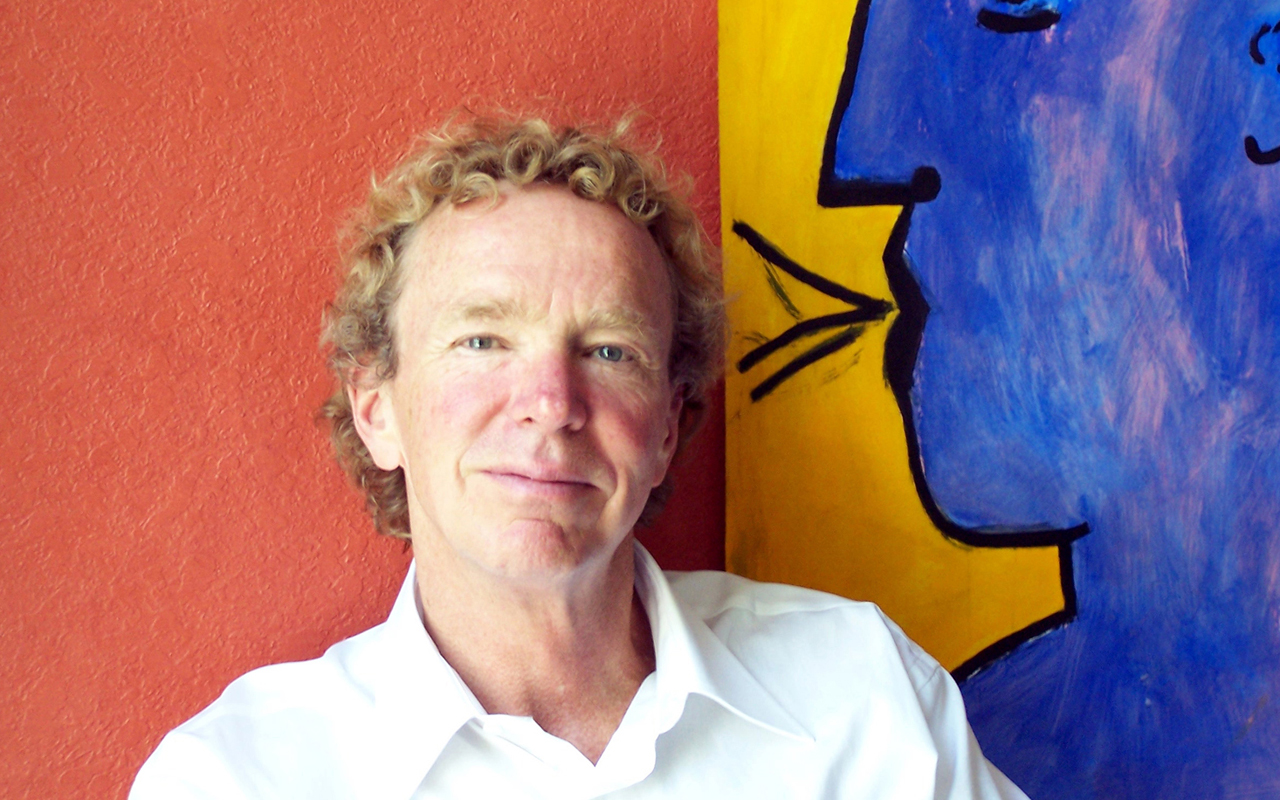
John Gilbreath photo by Bill Uznay
Lately, I’ve been spending more time with Paul de Barros’ 1993 book, Jackson Street After Hours: The Roots of Jazz in Seattle. I’ve come to appreciate the book more with each visit over the years, in part because the passing of the years since its publication has only increased its relevance as a cultural, racial, and sociological study of Seattle’s evolution.
The book solidly grounds Seattle jazz in Black culture, evoking a period before jazz became commodified and, some would say, appropriated in its wider evolution. Before institutional jazz education, record deals, jazz radio, non-profit support groups, and presenting venues aspiring to some kind of commercial solvency (if not actual success), jazz was more of a singular social and cultural expression. Jackson Street After Hours still captures the magic in the roots of that culture and conveys it forward to our doorstep.
My more recent epiphanies about “history” have brought the Jackson Street story across the threshold. For me, learned history used to be about the dates, places, and facts of someone else’s story, always separate from my own. Now that I’ve stacked up some years behind me, I can perceive how the arc of my own history overlays and interconnects with a larger narrative. As the history of Seattle jazz continues to evolve and expand, I’m grateful that my work in this community has allowed me a part in this living, breathing history.
Over 38 years, the Earshot Jazz organization has grown with Seattle jazz with a long-view approach to nurturing the art form here. Earshot has presented nearly 3,000 one-of-a-kind concerts, presenting some of the most important artists of our day, including artists from our own beloved community, in respectful settings. We’ve also celebrated the work of our resident artists with professional support, commissions, residencies, awards programs, and this Earshot Jazz magazine. Not only have we distributed close to two million free copies of this monthly magazine over the years, but the entire collection is now digitally archived and available free of charge, offering a living historical document that continues to unfold, and remains an available resource to students, jazz fans, and future historians.
This month, we’re proud to announce the recipients of our expanded-process commissioning program. We’re happy to introduce you to some exciting established and emerging artists on our scene and let you know where you can hear live jazz throughout the region. In May, we also recognize Mental Health Awareness Month. Our friends at SMASH (Seattle Musicians Access to Sustainable Healthcare) offer words in these pages, raising awareness around the issue of mental health in the music community. Earshot Jazz is a community organization at heart. Right now, we’re asking for your financial donations to support this magazine, our new commissioning programs, and programs within the upcoming fall festival. We can only do this work with your help.
Together, we’re writing the story of Seattle jazz. Please join us!!
–John Gilbreath, Executive Director